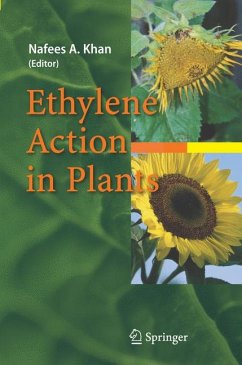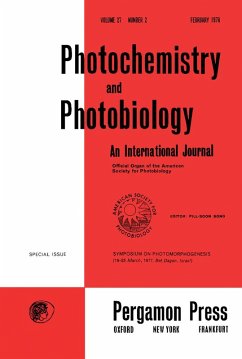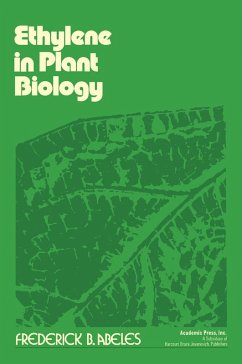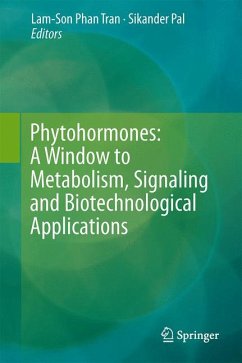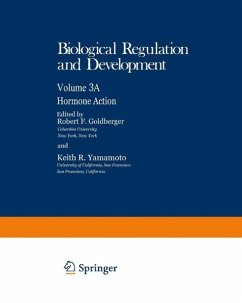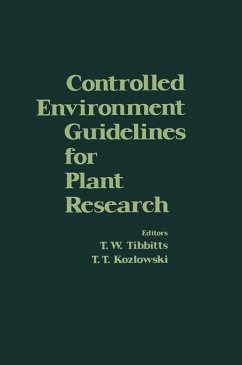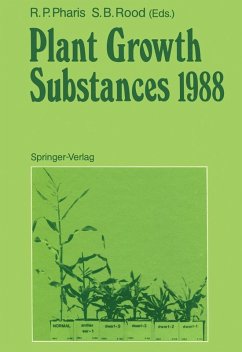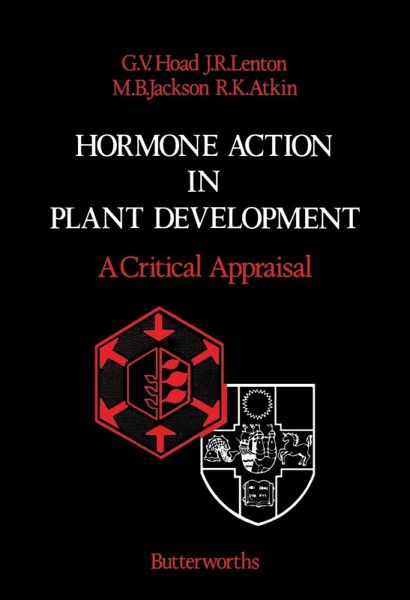
Hormone Action in Plant Development - A Critical Appraisal (eBook, PDF)

PAYBACK Punkte
20 °P sammeln!
Hormone Action in Plant Development - A Critical Appraisal documents the proceedings of the Tenth Long Ashton Symposium, September 1986. The symposium was convened to assess the evidence for and against the view that plant hormones are endogenous regulators of plant development. The meeting also aimed to focus on and assess promising strategies for future research. The symposium opened with the Douglas Wills Lecture, given by Professor Carl Leopold. In many respects, progress in research on animal hormones seems greater than in the plant sciences and there may well be merit in following progre...
Hormone Action in Plant Development - A Critical Appraisal documents the proceedings of the Tenth Long Ashton Symposium, September 1986. The symposium was convened to assess the evidence for and against the view that plant hormones are endogenous regulators of plant development. The meeting also aimed to focus on and assess promising strategies for future research. The symposium opened with the Douglas Wills Lecture, given by Professor Carl Leopold. In many respects, progress in research on animal hormones seems greater than in the plant sciences and there may well be merit in following progress in animal hormone research as suggested by Professor Leopold. The symposium was comprised of four sessions. The introductory session considered the coordinating role of hormones in plant growth and development, and focused on hormone action at the molecular level, including their binding to receptors and their control of gene expression. The next two sessions embraced contributions on the experimental manipulation of development by genetic (notably by biochemical mutants), chemical (for example, with gibberellin/biosynthesis inhibitors), and environmental (including drought stress) means. All these approaches consolidated the central importance of hormones in plant growth. In the final session, three speakers suggested some promising avenues for future research into the physiology, biochemistry, and molecular biology of plant hormones.
Dieser Download kann aus rechtlichen Gründen nur mit Rechnungsadresse in A, B, BG, CY, CZ, D, DK, EW, E, FIN, F, GR, HR, H, IRL, I, LT, L, LR, M, NL, PL, P, R, S, SLO, SK ausgeliefert werden.




